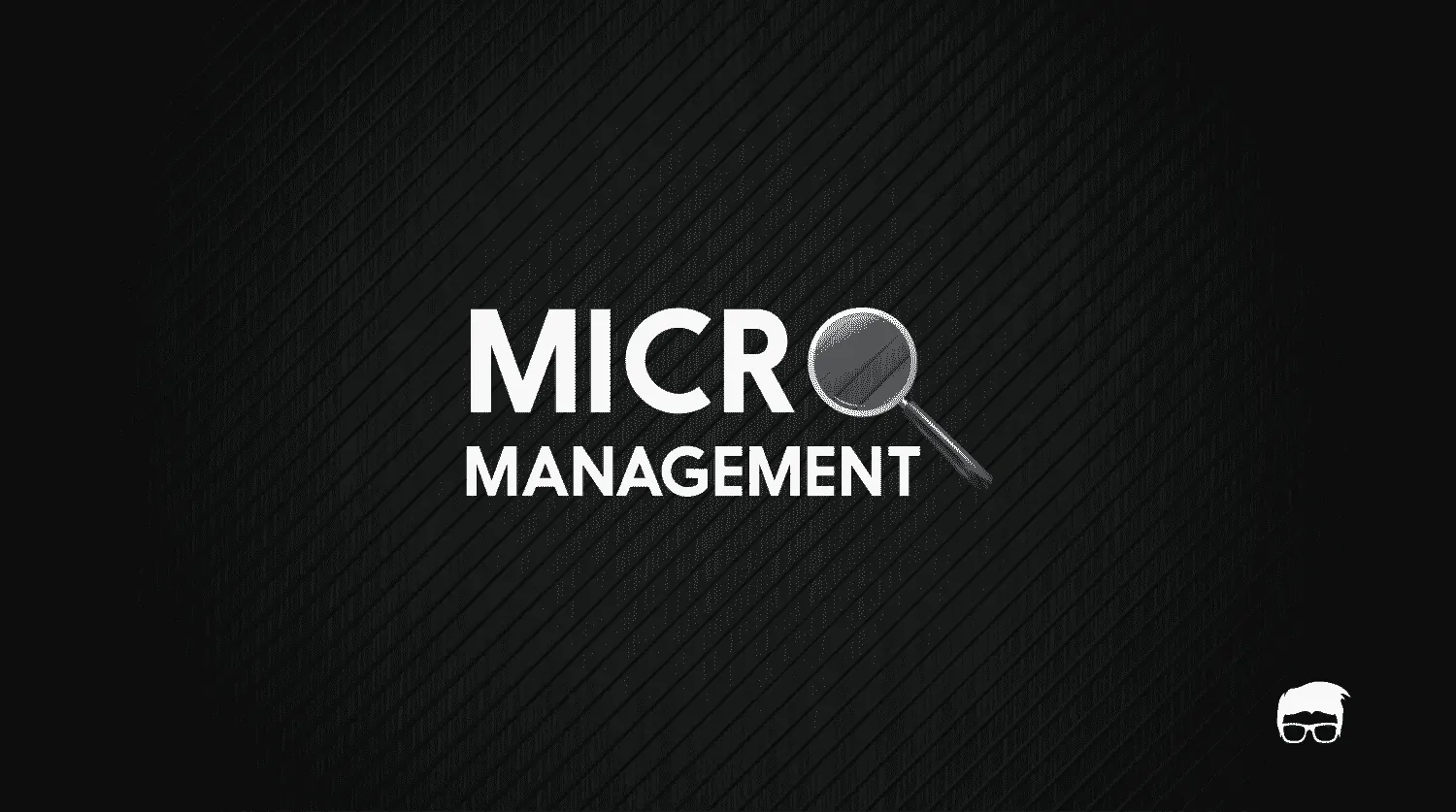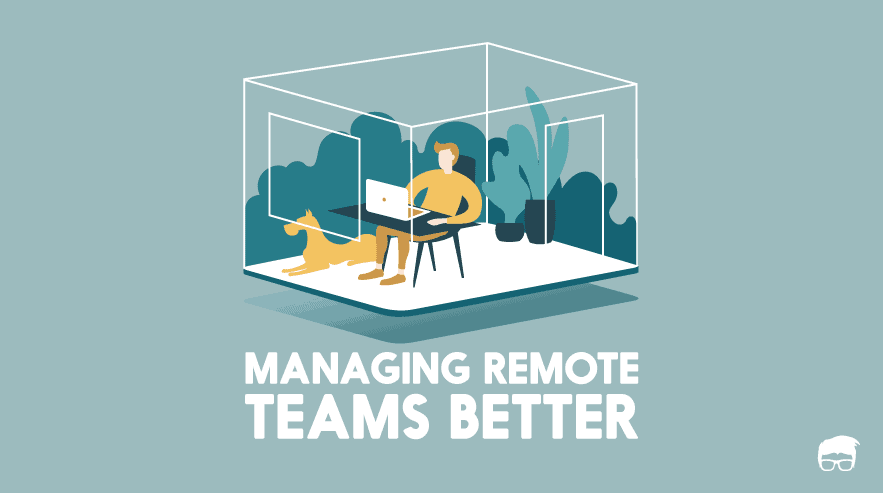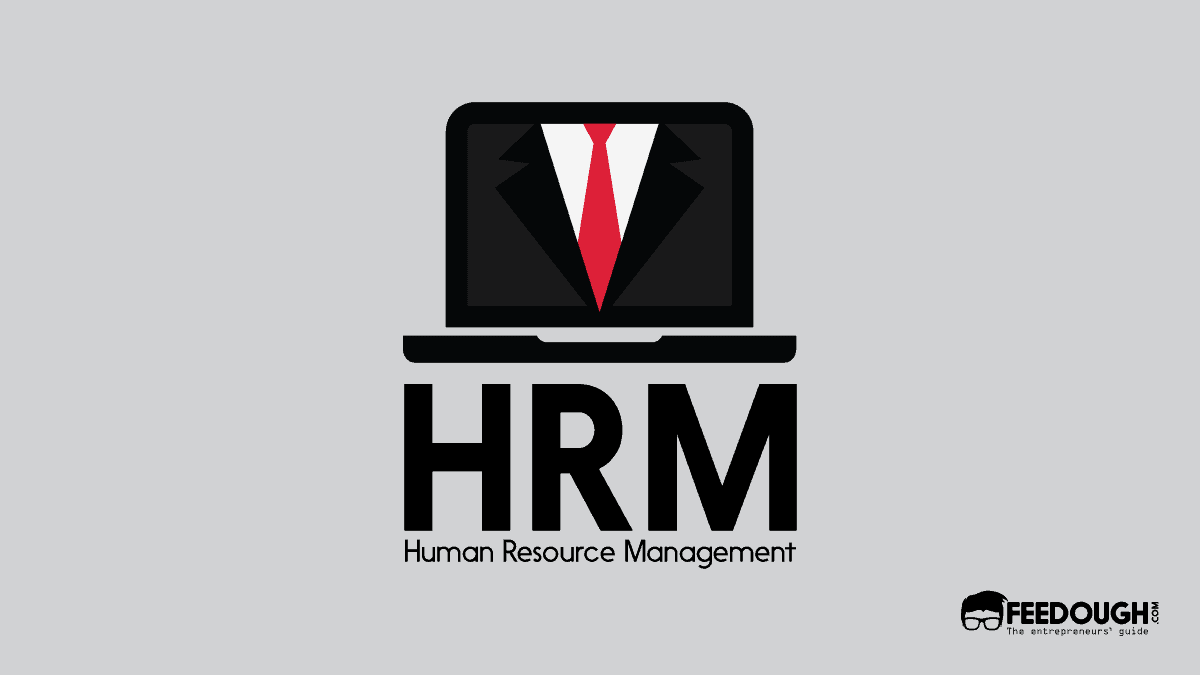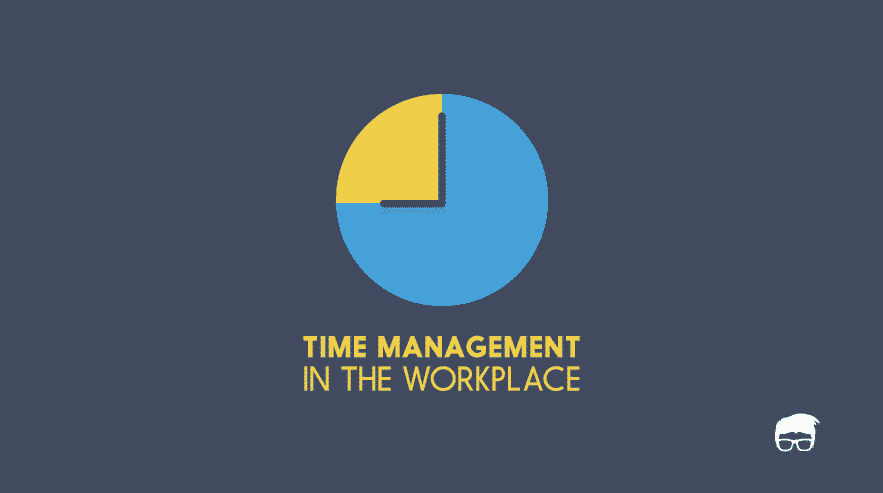Improving management skill is no easy feat, especially when you have to deal with difficult employees.
This is a common dilemma for every manager. Most times, these difficult employees are smarter, more experienced, and even well-connected than the manager. Since you’re dealing with people with different persona and qualities, it’s often common to many mangers buckle under the pressure.
So, how can you improve your management skills, and get the most of out of these hard-to-manage employees in terms of productivity and efficiency? Well, we’ve got you covered with six amazing tips for managing “difficult” employees. Carefully peruse through each point, and try to adopt these methods and tips in your everyday managing operation.
Go with the “Flow”
First, understand that management is not a walk in the park. In fact, it’s the most demanding job in any organization, and it’s the reason why you are paid more. So, go with the flow – understand that these “difficult employees are part of your job description“.
Recognize the frustrations, and choose to see it as a stepping stone towards fruitful career development. Don’t fight it. Having this tip will help you to strike the right balance when dealing with difficult employees. You will not only build an environment that maximizes their potential but also get their cooperation and respect.
So, don’t get weighed down, but choose to stand and face the challenge. No doubt, this brings us to the next important tip: be clear on your objectives.
Be Clear on Your Objectives
Before we proceed, mull on this – no employee will follow a manager with no clear objective. Difficult employees are often unmotivated to give their all to a mission or leader they don’t believe in. They need a reason before they can prove their worth. So, before you complain about hard to manage employees, first find out your own mission. What are the reasons why you took on the task of the manager?
What do you aim to achieve within your tenure? Once you’ve figured these and many more, then you can get the best from your workers. Want them to know the value of teamwork or punctuality? Well, be the first to show up. What about teamwork? Show them the value by letting voice their opinions, and by delegating duties without prejudice. Trust me, your actions are always monitored by your employees. So, be the banner they can rally to.
Lastly, set clear goals which your employees can always refer to as a metric for their performance. Doing this will surely help boost their performance.
See Through Their Eyes
Have you ever stopped to think about why some employees are difficult to manage? Perhaps, you’ve noticed that their work levels and productivity are not as expected. Sometimes, the problem might not your managerial skills. First, start by perusing your managerial skills to see if it’s the reason for an oppositional response. Yes, we know it’s easier said than done, but there’s no harm in trying to figure it out.
Remove sentiments and bias and take a deep look into your actions. If it’s not your skills, then it could be an official policy or even a lack of cohesion in the team. What’s more? Sometimes, your difficult employees are facing challenges in their personal lives. When you can gain a holistic insight into a problematic situation such as difficult employees, then you can devise a constructive solution.
Get Help When Needed
First, let’s clear away the notion that seeking help is a sign of weakness. Unsurprisingly, people shy away and neglect this concept. Irrespective of the size of the organization you work for, help is all around you. It could come in the form of another employee who has a different perspective and insight about the difficult ones.
What’s more? Your help can come in the form of Human Resources personnel, a former colleague, and even a mentor. Seek their opinion to get an effective way of handling difficult workers. Besides, when you seek their opinion, you improve their self-esteem and subsequently get their loyalty.
Evaluate their Values
This is the point where you evaluate their values to determine if they are worth keeping or not. No doubt, this is often the last resort for managers when dealing with difficult employees. Simply think of them in terms of asset and liabilities. Here’s a basic explanation – difficult employees are considered an asset if their benefits and real value to the company outweighs their conduct. Conversely, they are liabilities, if their accomplishments and values are outranked by the problems they cause. No doubt, this is not the perfect solution to get things done. However, this decision will help you to clarify your objectives, and focus more on your job. Although this is a fundamental approach, difficult employees irrespective of their benefits, often become liabilities in the long run.
Be More than a Manager
All employees have something to offer to the progress of the company. Hence, it’s the reason why many were recruited in the first place. Look for their unique abilities, and help them to work towards it. Understanding your workers’ unique abilities will only keep them motivated and pliable, it will ultimately benefit your business.
In addition to this, go above and beyond in the dispensation of your duty. Don’t see the difficult employees as your competition. Rather, see them as challenges to your managerial abilities. Engage them in tasks that will not only keep them busy but more attuned to your objectives and goals.
Wrapping Up
Difficult employees are a drain on an organization’s cohesive work environment. More so, they are a drain on resources and affect the team spirit needed to achieve set goals. Therefore, as a manager, see your difficult employees you can also adopt a Learning Management System for improving employees management skills. Yes, they are a necessity that you must surmount. By using these tips, you will not only improve the employees but also achieve set goals and objectives.
Go On, Tell Us What You Think!
Did we miss something? Come on! Tell us what you think about our article on managing people in the comments section.
A startup consultant, digital marketer, traveller, and philomath. Aashish has worked with over 20 startups and successfully helped them ideate, raise money, and succeed. When not working, he can be found hiking, camping, and stargazing.









